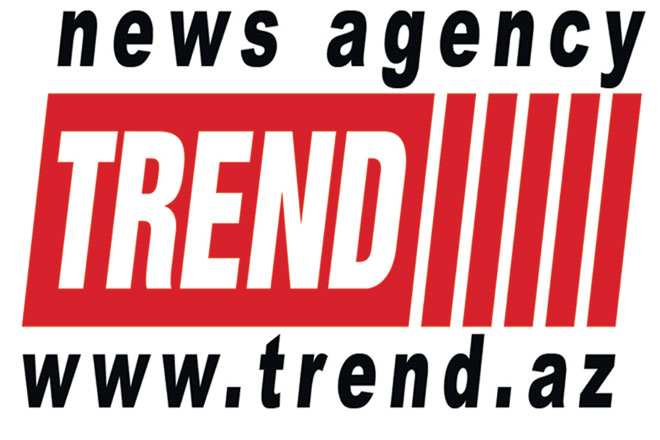Baku, Azerbaijan, May 27
By Claude Salhani - Trend:
One of the topics discussed at the SPIEF 2014, the St. Petersburg International Economic Forum, earlier this month by the heads of world news agencies -and among them Trend - were the challenges facing the global media community in this world of instant communication and the proliferation of social media.
Among the question asked: What is the role of the mass media in the modern world? Is the media coping with the role of mediator between the state and society well enough? Do the interests of the state prevail over the need for the impartial coverage of events? And, is mass media capable of controlling the authenticity of information?
One particularly interesting point in the discussion was the fact that controlling the media has become that much more difficult.
Enforcing censorship on a single newspaper is far simpler than trying to enforce censorship on the communication jungle that is the Internet with its blogs, websites and social sites such as Facebook, Twitter and so on.
Suffice to say the role played by social media in the beginning of the Arab Spring.
And while that is certainly an advantage for freedom of the press, at the same time what one wins in relative freedom of movement -- or publication in this case -- one loses a certain amount of professionalism and ethics in journalism.
Another point also discussed at this conference was determining whether there can be such a thing as setting the world media agenda. That of course remains highly unlikely given that no two media think the same.
What does remain the same and in fact takes on even greater importance is the real power that the media wields.
For example, publications of rating agencies' statistics and opinions and biased interpretations of national economic parameters are often used by world powers as foreign policy instruments.






